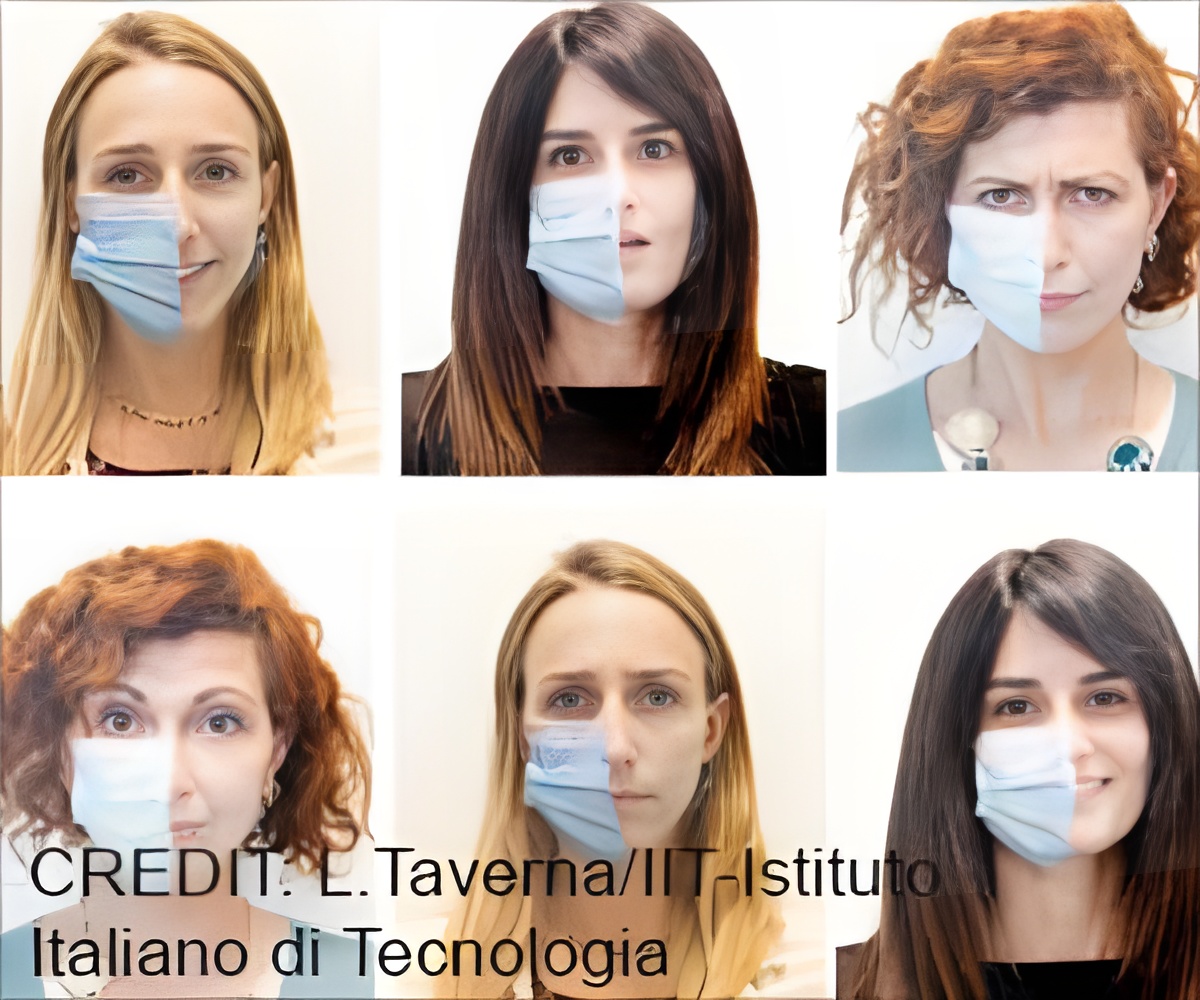Face masks have been a part of our life since COVID-19 pandemic started its play. However, children might find it challenging to recognize facial cues while seeing people with face masks.

‘Children recognized happy and sad facial cues on only 40% of occasions where people used face masks.’





A total of 119 participants were enrolled in the study, of which 31 were toddlers from 3 to 5 years of age, 49 were children from 6 to 8 years of age, and 39 were adults from 18 to 30 years of age. All of them were native Italian speakers. "In the study, we worked with children and adults with no forms of disability," explains Maria Bianca Amadeo, IIT researcher and co-author of the research study.
The team uploaded the images of people with and without facemasks and displayed them by computer, tablet, or smartphone. The participants, including children (with parental assistance), were asked to identify the facial cues in the images.
Study highlights:
• People of all ages experienced difficulties in understanding emotions by recognizing the facial cues of people with face masks.
Advertisement
• Children aged between 6 and 8 years recognized them on 55-65% of occasions where people used face masks.
Advertisement
"These observations are even more important when considering children affected by disabilities," she added.
This study emphasizes the use of transparent facemasks, at least for the childcare workers who in contact with children.
Source-Medindia










